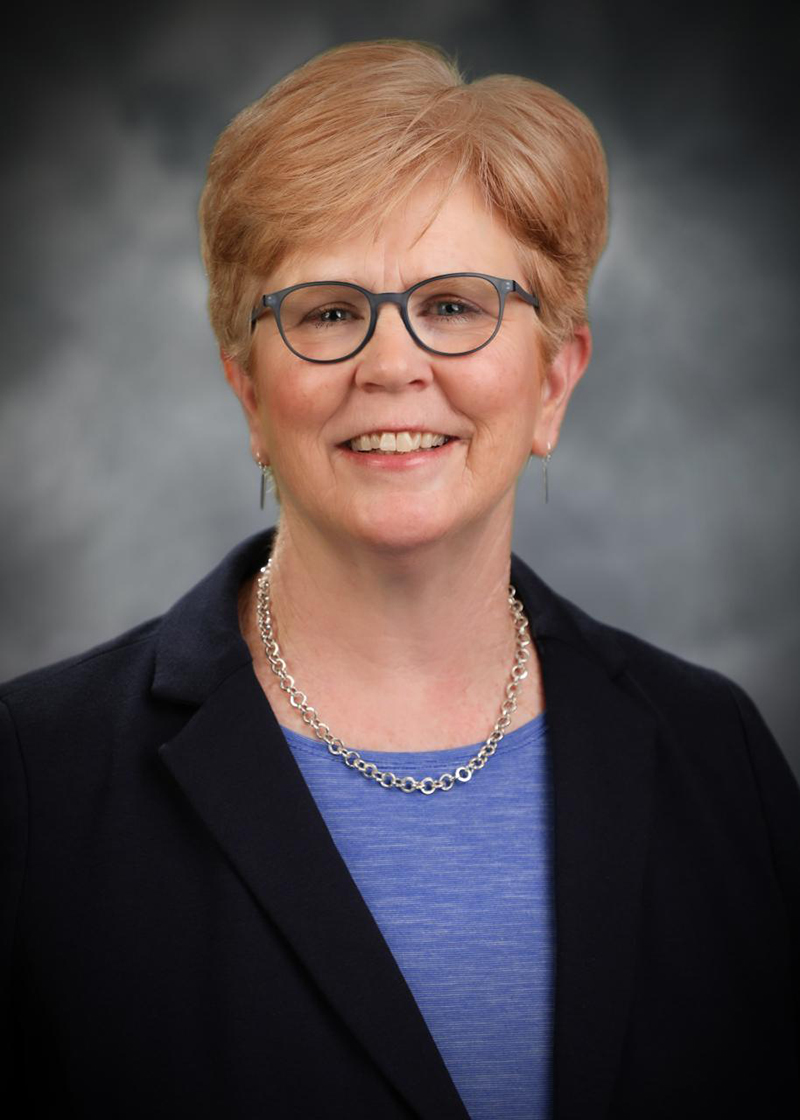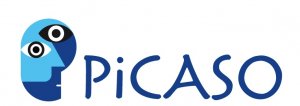Docherty Awarded More Than $3 Million from NIH to Study Peer i-Coaching

Increases in life expectancy in many childhood-onset chronic conditions such as sickle cell disease, cancer, lupus and chronic kidney disease has brought unique challenges for adolescents and young adults (AYAs). These AYAs struggle to deal with the associated disease burden, manage their condition and thrive as they develop independent self-management skills to become active and engaged adults. The challenges that influence this population across this transition are some that only they can address, but often lack the skills and motivation to do so.
Sharron Docherty, PhD, PNP-BC, FAAN, associate professor in the School of Nursing and Gary Maslow, MD, MPH, associate professor in the School of Medicine have been awarded $3,073,767 from the National Institutes of Health: National Institute of Nursing Research for a five-year period to fund a research study testing the impact of peer i-Coaching for activated self-management optimization in AYAs with chronic conditions.
Studies show that AYAs with chronic conditions remain more dependent on their parents and health care providers versus their healthy peers and lack independence in activated self-management. This over-reliance often hinders developing the independence necessary for successful transition to young adulthood.
 Peer support is ideal to address challenges critical to AYAs given the importance of peer relationships during this time. Docherty, Maslow and team have designed and pilot tested a peer-based coaching intervention, Peer i-Coaching for Activated Self-Management Optimization (PiCASO), to develop activated self-management skills in AYAs with childhood onset chronic conditions.
Peer support is ideal to address challenges critical to AYAs given the importance of peer relationships during this time. Docherty, Maslow and team have designed and pilot tested a peer-based coaching intervention, Peer i-Coaching for Activated Self-Management Optimization (PiCASO), to develop activated self-management skills in AYAs with childhood onset chronic conditions.
The novel, mobile health intervention utilizes an established telephone and text based secure interface to allow AYAs to access knowledge, experience and instrumental and emotional support from a trained peer coach who has already developed independence and is an active self-manager. Peers with shared experiences provide instrumental and emotional support that will likely lead to improvements in their quality of life. Involving peers in supporting AYAs with chronic conditions to promote self-management and patient activation disrupts the typical over-reliance on the parent and health care provider that often hinders developing independence.
Docherty and her team aim to develop an efficient, generalizable and scalable peer coach transition self-management product that will optimize AYA, parent, pediatric and adult chronic condition provider collaboration across sites, venues and transitions. Award funds will test the intervention at Duke and provide data to expand the PiCASO intervention platform to be broadly disseminated across settings that serve AYAs such as schools, camps and medical clinics.
The co-principal investigator on this project is Gary Maslow, MD, MPH, co-chief of the Division of Child and Family Mental Health and Developmental Neurosciences in the Department of Psychiatry and Behavioral Sciences at Duke University. Their research team also includes co-investigators: McLean Pollock, associate professor in Psychiatry and Behavioral Sciences; Allison Manning, medical instructor in the Department of Psychiatry and Behavioral Sciences; Richard Chung, associate professor of Pediatrics; Susan Silva, associate professor at Duke University School of Nursing and Edwin Fisher, global director of Peers for Progress at the University of North Carolina at Chapel Hill. The team’s clinical research coordinator is Angel Barnes.